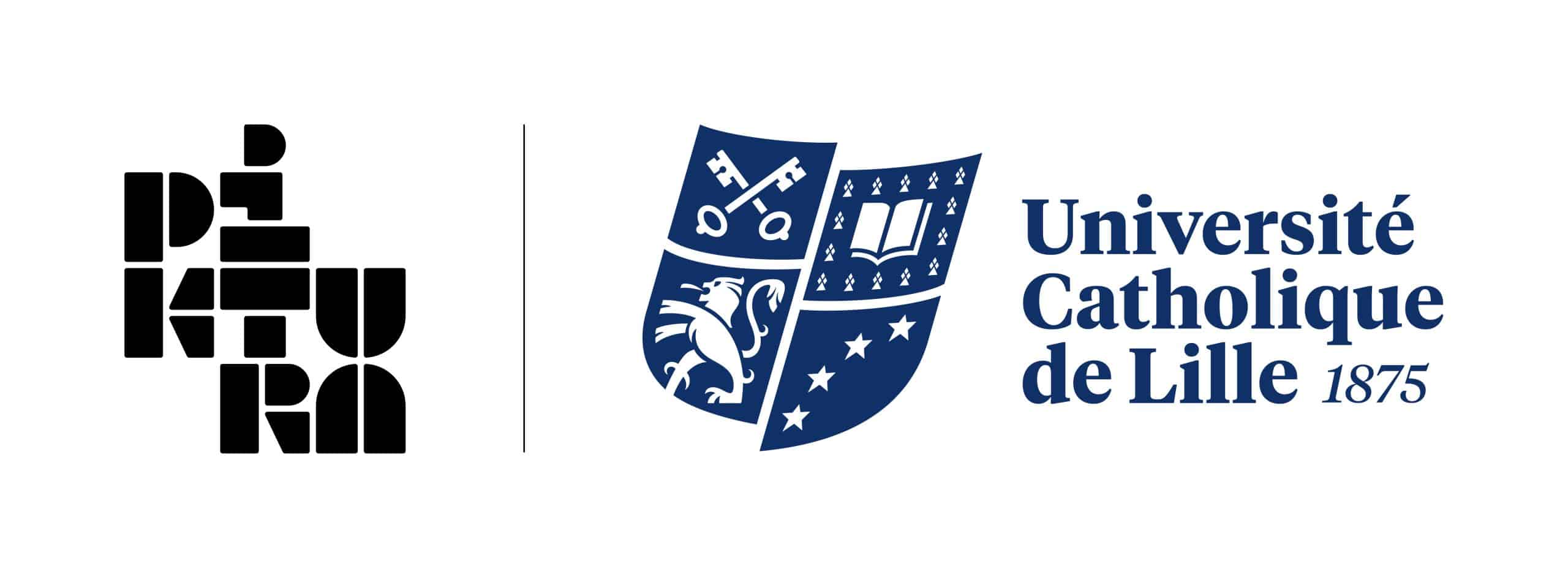
Spé Game Art: Character Art
Etablissement : PIKTURA Ecole de l’image
Langue : Français
Formation(s) dans laquelle/lesquelles le cours apparait :
Période : S2
Aucuns
Assurer le suivi de l’écriture des concept des projets de fin d’étude. Encadrer les étudiants sur la forme du document et leur permettre d’approfondir le fond de manière convaincante.
Passage en revu des différentes propositions de game concept pour les projets de fin d’étude avec suivi personnalisé.


